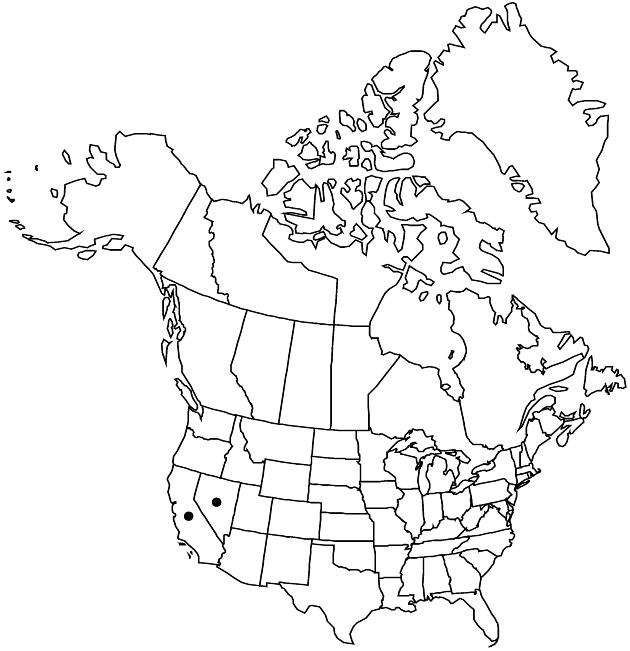Difference between revisions of "Cirsium scariosum var. congdonii"
Sida 21: 215. 2004.
imported>Volume Importer |
imported>Volume Importer |
||
| Line 57: | Line 57: | ||
|publication year=2004 | |publication year=2004 | ||
|special status=Endemic | |special status=Endemic | ||
| − | |source xml=https:// | + | |source xml=https://bitbucket.org/aafc-mbb/fna-data-curation/src/2e0870ddd59836b60bcf96646a41e87ea5a5943a/coarse_grained_fna_xml/V19-20-21/V19_155.xml |
|tribe=Asteraceae tribe Cardueae | |tribe=Asteraceae tribe Cardueae | ||
|genus=Cirsium | |genus=Cirsium | ||
Latest revision as of 19:48, 5 November 2020
Plants acaulescent or nearly so (with dense rosettes of leaves and cluster of sessile or subsessile heads). Stems absent or very short, simple, stout, fleshy, very leafy. Leaves: blades oblong to oblanceolate or elliptic, shallowly pinnately lobed or sometimes unlobed, longer spines slender, less than 1 cm, abaxial faces green and ± glabrous to white-tomentose, adaxial faces green, glabrous or villous with septate trichomes. Heads 1–many, sessile or subsessile, crowded. Involucres 2–3 cm. Phyllaries: outer and mid lanceolate to ovate, spines slender, 1–4 mm; apices of inner linear-acuminate, often twisted, entire or minutely toothed. Corollas pink to reddish purple, 22–30 mm, tubes 10–15 mm, throats 5–7.5 mm, lobes 4–7 mm; style tips 3–5 mm. Cypselae 4–4.5 mm; pappi 17–28 mm. 2n = 34 (as C. congdonii).
Phenology: Flowering summer (Jun–Aug).
Habitat: Meadows, springs, stream banks
Elevation: 1500–3100 m
Discussion
Variety congdonii grows from the Sierra Nevada of western Nevada and eastern California to the San Bernardino Mountains of southern California.
Selected References
None.
